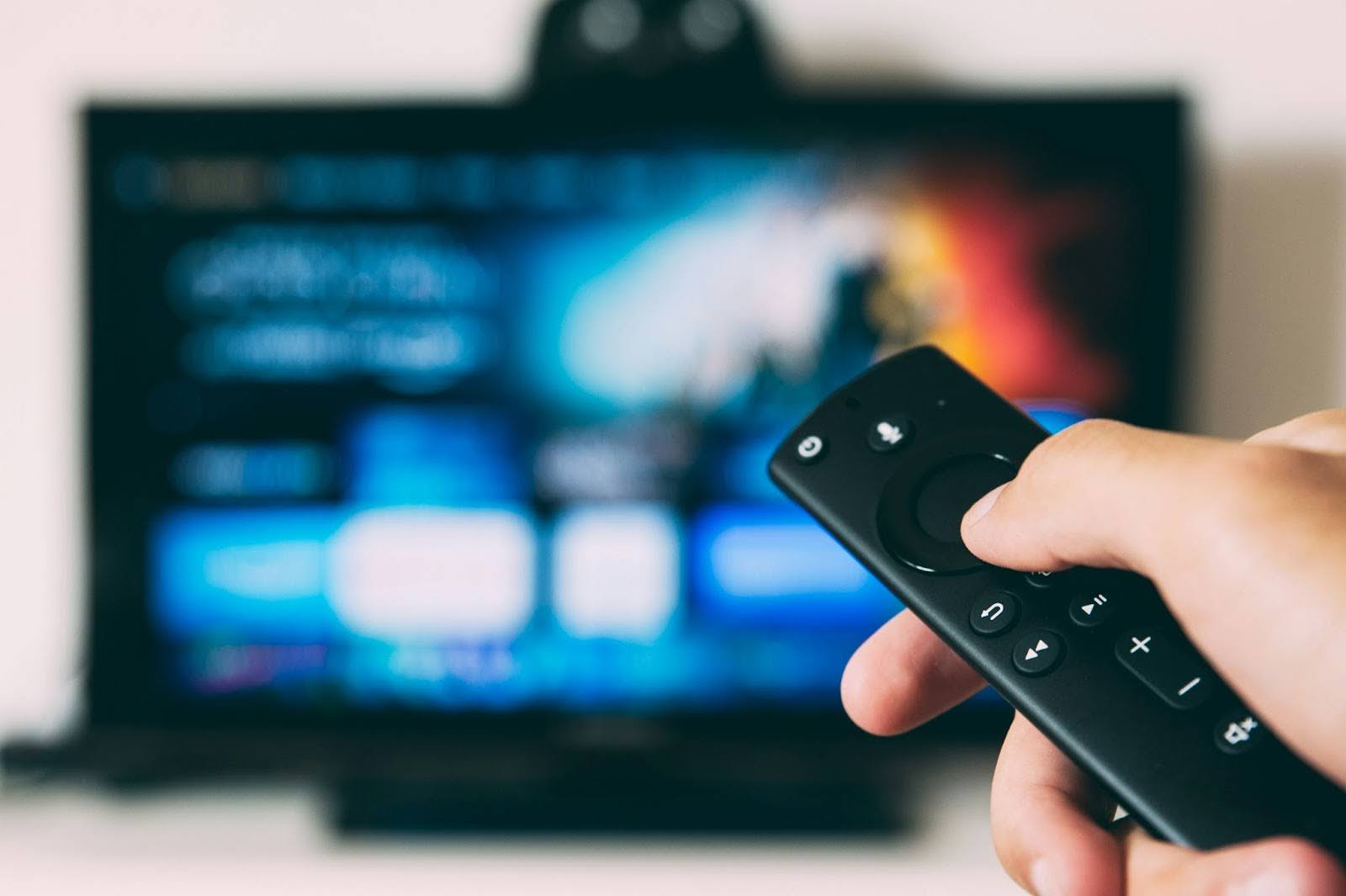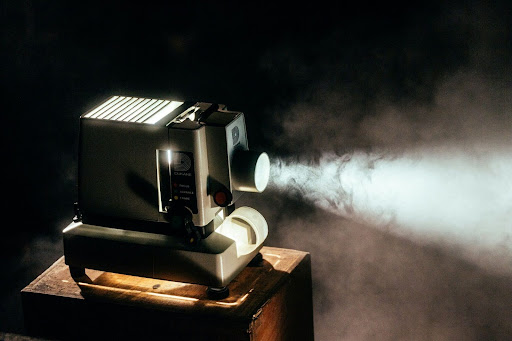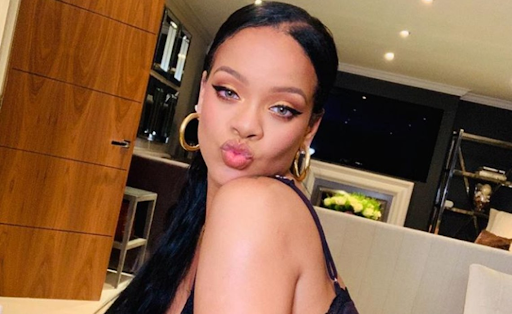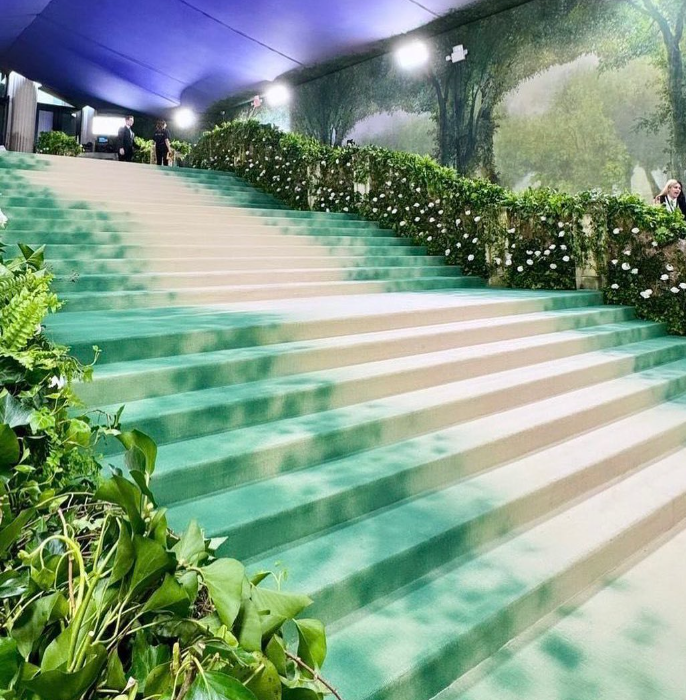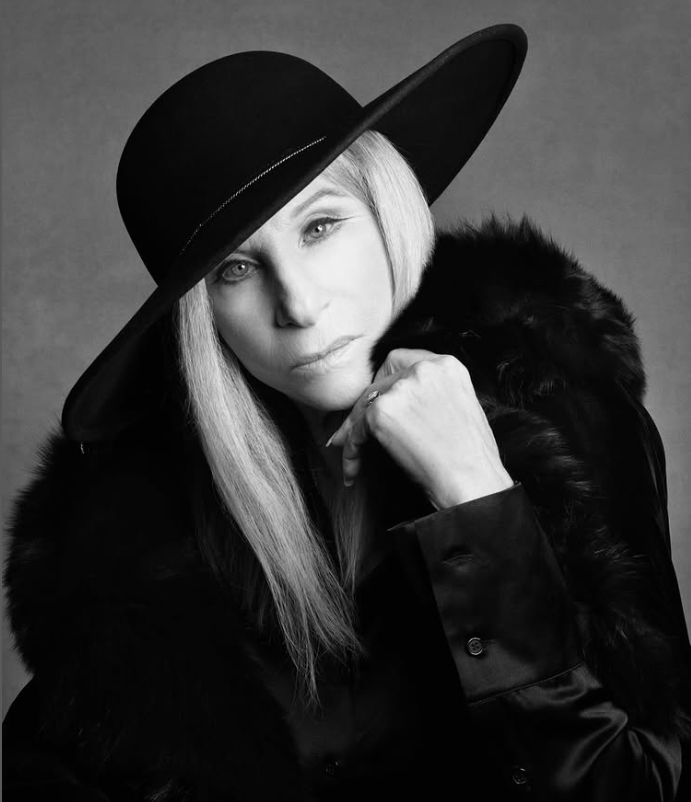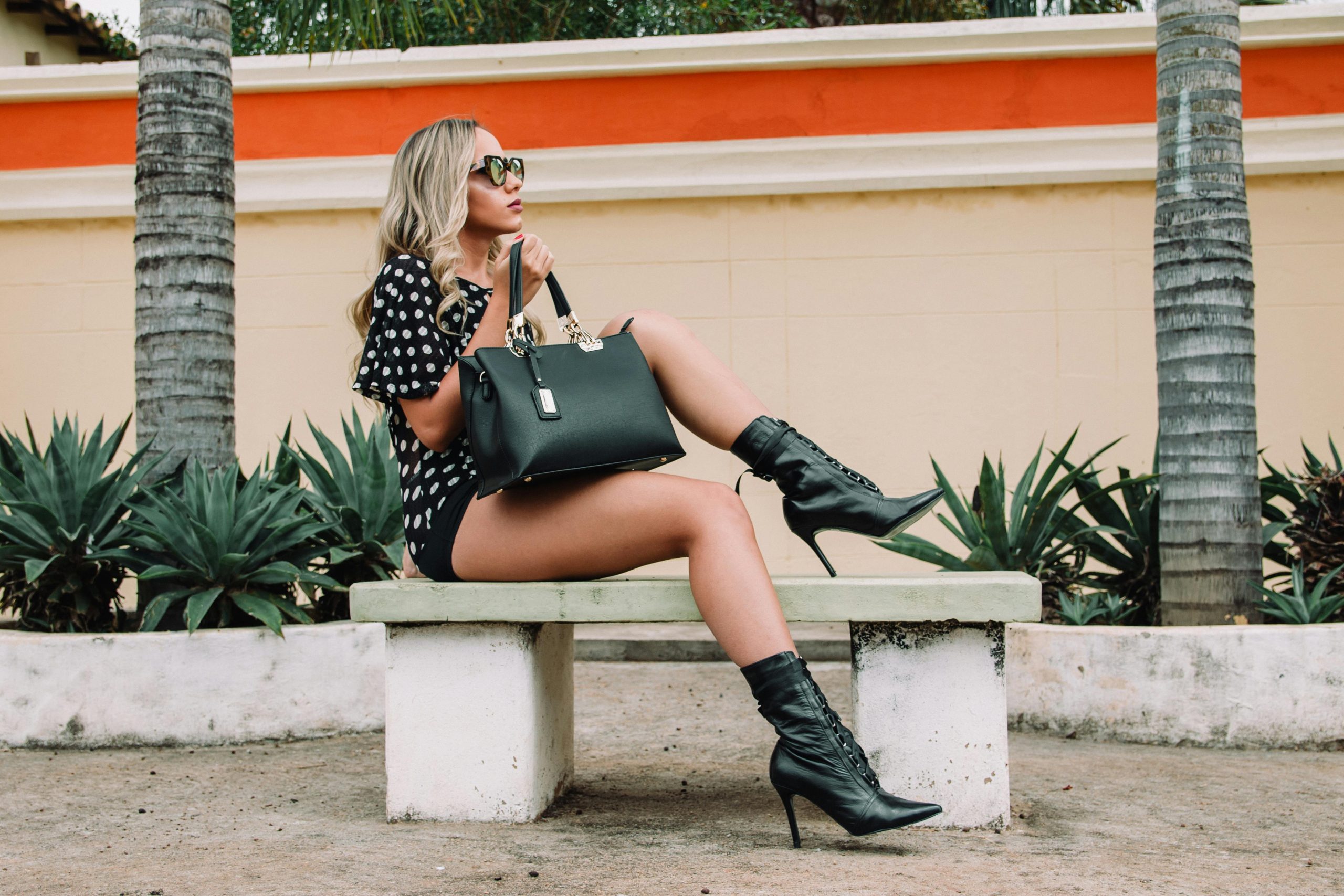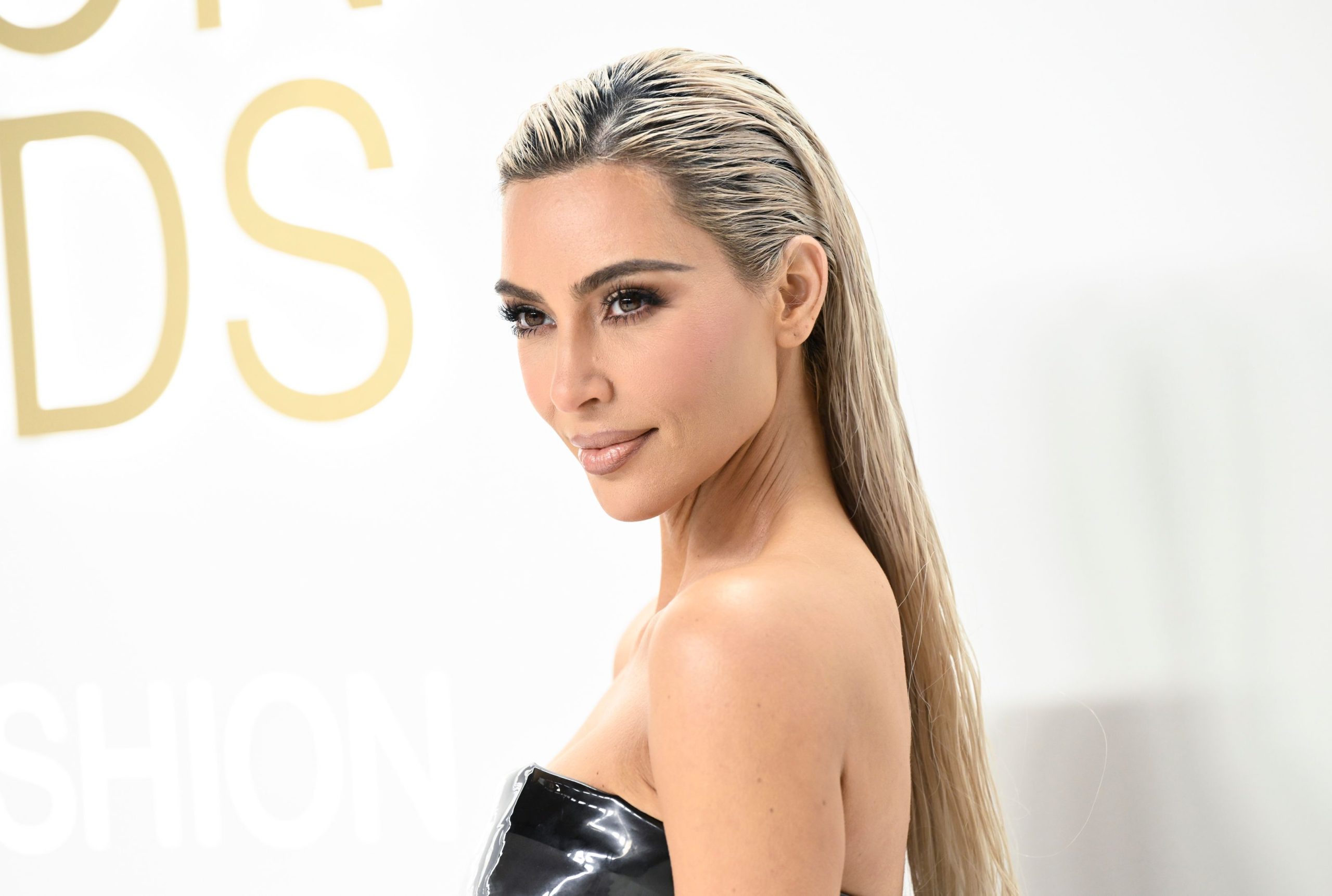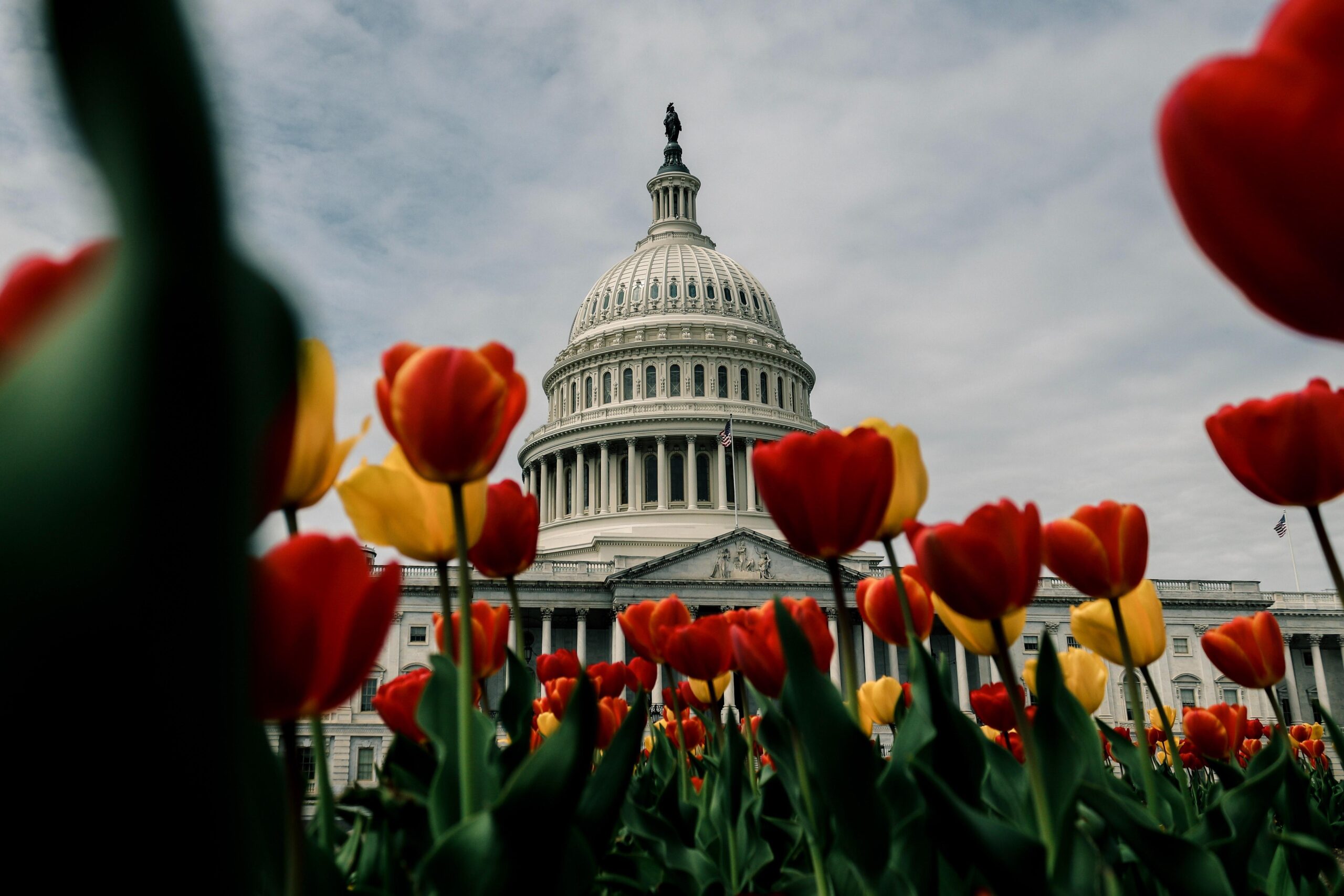
Photo by ElevenPhotographs on Unsplash
Crowds will be small or nonexistent, events will be moved online, and security will be tougher than ever. It will be a day of historic firsts, both good and bad. Some things will change, but the important things will stay the same. The Vice President and President will take the oath of office, and it will be the same oath it always is: An oath to “preserve, protect and defend the Constitution of the United States.”
1. Minimal attendance
The actual swearing-in ceremony is the most important part of Inauguration Day. And for the most part, it will proceed normally. As dictated by the Constitution, President Biden will be sworn in at noon on January 20th. He will continue the tradition of being sworn in on the Capitol steps.
It’ll be no less star-studded than usual, with Lady Gaga, Jennifer Lopez and Garth Brooks, among others, expected to perform. There will be the normal recitation of poems and prayers, all concluding with a speech from the newly inaugurated president.
However, instead of giving this speech to the crowd of hundreds of thousands that usually populate the National Mall on Inauguration Day, Biden will give his speech to around 1,000 people and more than 191,500 flags.
Instead of the usual 200,000 tickets distributed to members of Congress and passed out to their constituents, organizers released just over 1,000 tickets — one for each of the 535 members of Congress and one guest each.
To make up for the minimal attendance, the Presidential Inaugural Committee planted more than 191,500 American flags on the National Mall, meant to represent the American people who can’t attend Biden’s inauguration.
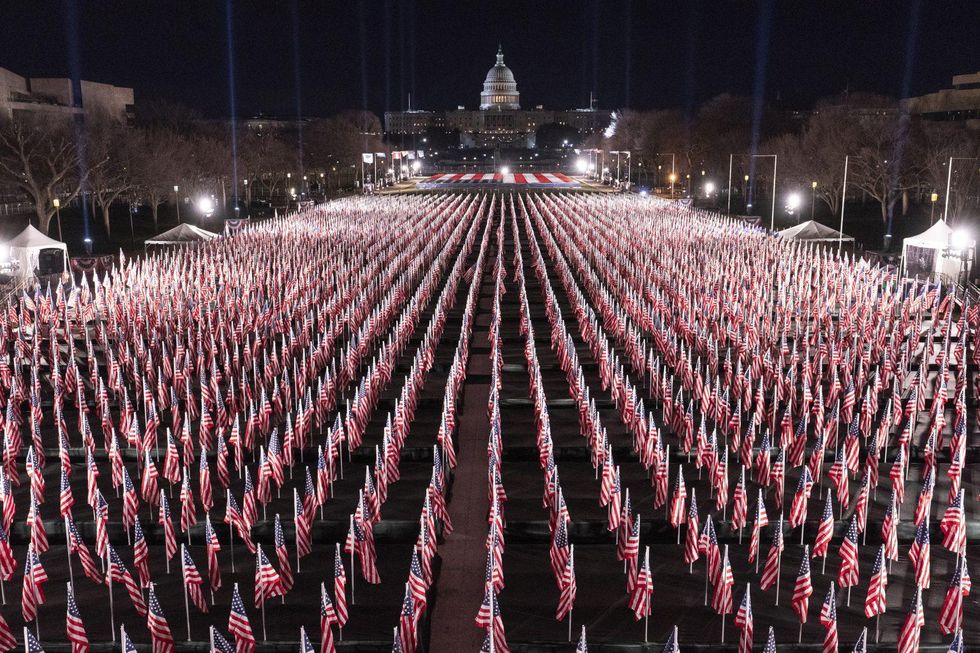
2. Virtual inaugural events
Inauguration Day is usually packed with events, all of which are usually packed with people. On a normal inauguration day there is not only the swearing-in ceremony but also a luncheon with lawmakers, a parade through DC, and finally the inaugural ball held at the White House. In a year where so many Americans have died of the novel coronavirus, the inaugural committee has decided to change how these events will be held.
The Inaugural Luncheon is usually a grand affair where all the members of Congress gather in the capitol for a three course meal immediately after the swearing-in ceremony. The tradition began in 1953, but this year it has been canceled entirely.
The next event is the inaugural parade where marching bands, first responders, military units, and other proud Americans accompany the new president in his historic march from the Capitol to the White House. There has been some sort of formal inaugural parade since 1809, when James Madison was inaugurated.
This year, the parade will go virtual. Joe Biden will still make the trip from the Capitol to the White House, but there will be no cheering crowds. Biden will get a presidential escort there, which will include representatives from every branch of the military, as well as the drumlines for the University of Delaware and Howard University — Biden’s and Harris’ alma maters. But the main event will be the virtual “Parade Across America,” featuring performances from all 56 states and territories.
The final events of the day are usually the swanky inaugural balls. The city is usually taken over by both “official” and “unofficial” balls. Official ones are sponsored by the Presidential Inaugural Committee and guarantee that the president and his spouse will show up. Normally the whole city is taken over by donors, supporters, and celebrities celebrating the new president.
This year, instead of an inaugural ball, there will be a primetime television event. The “Celebrating America Primetime Special” will be hosted by Tom Hanks and feature an impressive celebrity lineup. Demi Lovato, Justin Timberlake, Jon Bon Jovi, Ant Clemons, Bruce Springsteen, John Legend and Foo Fighters will all perform. And Kerry Washington, Eva Longoria, Kareem Abdul-Jabbar, José Andrés, Lin-Manuel Miranda and other big names will also be featured in some way.
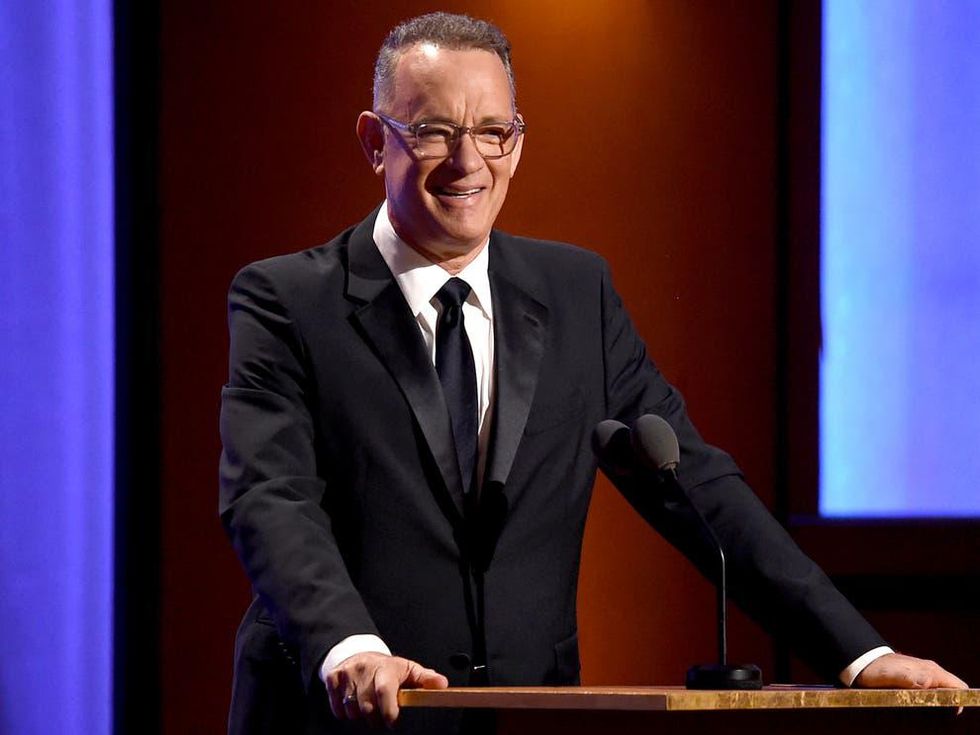
3. Historic moments
This inauguration will be particularly notable because of its historic firsts. Kamala Harris will be sworn in as the first woman, first woman of color, first Black American and first Asian American to be vice president. Harris’ husband, attorney Doug Emhoff, will also make history as both the first male and first Jewish spouse of a vice president or president.
Joe Biden comes with his own first: He will be the oldest person ever sworn in as president at the age of 78. He will also be only the second Catholic President in our country’s history.
Donald Trump is also making history on Inauguration Day–by not attending. Trump plans to fly to Mar-A-Lago the morning of the inauguration and will not attend the ceremony or welcome the Biden family to the White House. It has been 152 years since a President refused to attend his successor’s inauguration.
The last president to refuse to attend was Andrew Johnson in 1869, and he was also an impeached, one-term president. Vice President Mike Pence will be in attendance for the inauguration, as will former presidents George W. Bush, Bill Clinton, and Barack Obama.
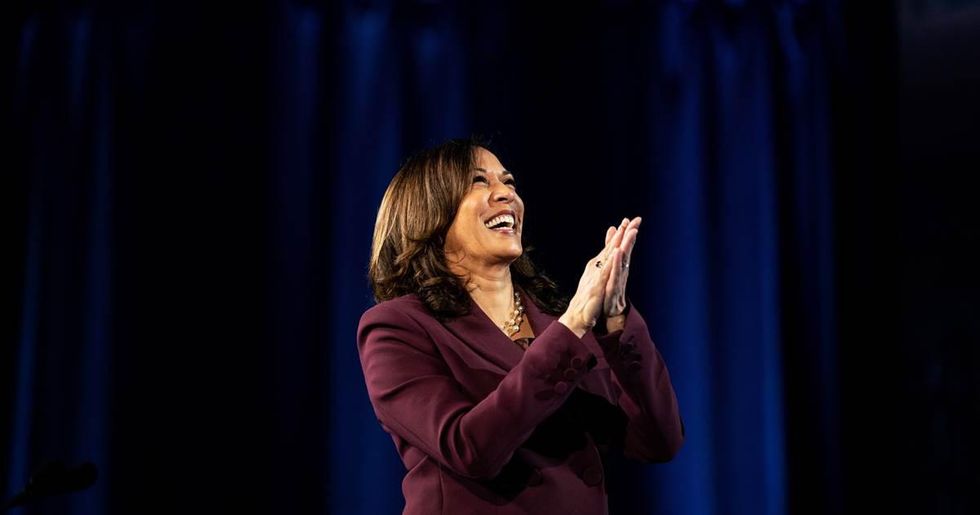
4. Higher security
Inauguration security is always taken very seriously by the Secret Service, but after the riot that breached the capitol and delayed the election certification on January 6th, this inauguration will have unprecedented levels of security. The FBI has warned of threats to D.C., including to lawmakers and federal monuments, and all of Washington is well aware of the possibility of armed groups demonstrating in the District on Inauguration Day.
Inauguration viewers should expect a visible military presence, since a total of 25,000 National Guard troops are authorized to help secure the inauguration. There is also a seven-foot-high, unscalable, razor-wire fence encircling the Capitol.
Unlike usual inaugurations, several Metro stations are closed, a large portion of the city will be restricted for drivers, and a number of bridges that cross the Potomac River and Anacostia River will be closed.
There are also security checkpoints throughout the city. Those checkpoints have already resulted in several arrests, including a Virginia man who had fake inauguration credentials, a loaded gun, and more than 500 rounds of ammunition.
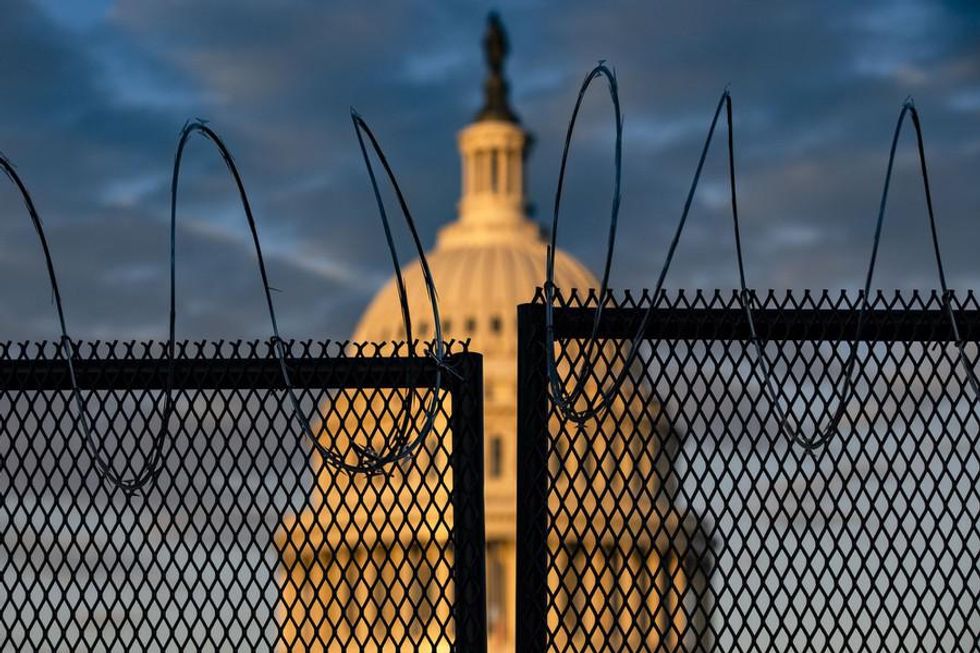
This will be an unprecedented Inauguration Day, but after seemingly countless months of “unprecedented times,” what else could we possibly expect?
- inauguration ›
- 10 Things We Wish Had Happened During the Inauguration – Popdust ›
- Faith, Politics, and Abortion: Is Joe Biden a Real Catholic? – Popdust ›

